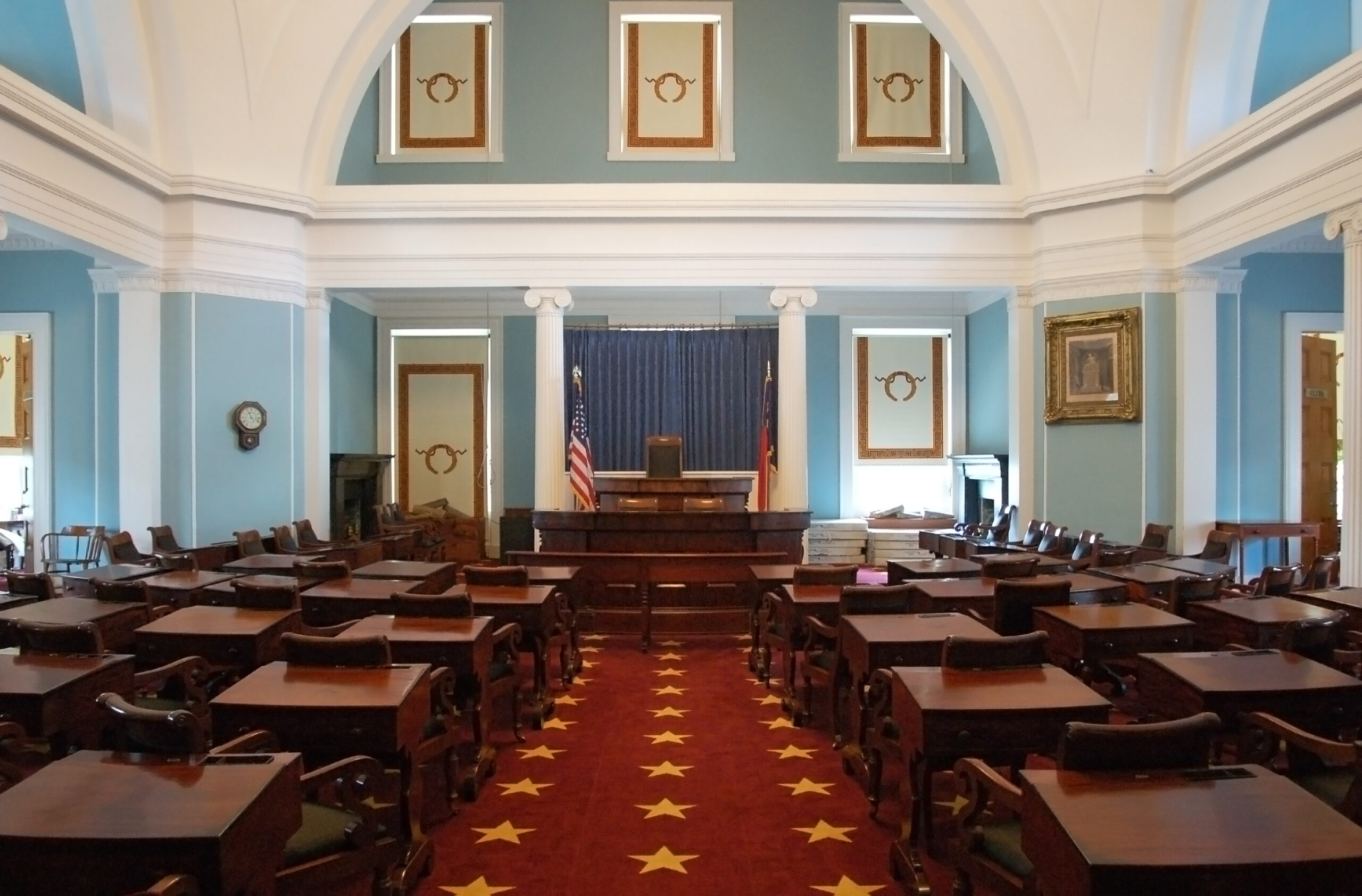
AMICUS BRIEF
LDAD Files Amicus Brief in Moore v. Harper Gerrymandering Case
June 28, 2021
Oct 28, 2022
Editorial: Shutterstock
LDAD filed an amicus brief in Moore v. Harper, a case before the Supreme Court that has sweeping ramifications for how future elections may be decided. State legislators in Moore are arguing that the North Carolina Supreme Court lacks the power under the Elections Clause of the United States Constitution to strike down the legislature’s gerrymandered congressional map even though it determined that the map violated the North Carolina Constitution.
LDAD believes that the legislators’ argument is not plausible under the traditional tools of constitutional interpretation.
The critical importance of this case is that the state legislators are asserting a long widely-rejected interpretation of the U.S. Constitution — known as the "independent state legislature theory.” That theory would render state courts powerless to apply state constitutions to laws enacted by state legislatures relating to federal elections. If this interpretation were accepted, LDAD argues, partisan-controlled state legislatures could enact election laws that violated state constitutions by giving unfair advantage to their own party’s candidates, even arbitrarily overturning the popular vote if the other party’s candidates had won.
LDAD’s amicus brief in the Moore case is a concise and compelling argument against the profoundly dangerous notion that state legislatures should be the final authority on elections issues – immune from state court judicial review.
LDAD argues that the Court’s adoption of Petitioners’ interpretation would violate an implicit, foundational principle of constitutional interpretation: Where one party’s interpretation of a constitutional provision would threaten American democracy and the rule of law, and the other party’s interpretation is plausible under the traditional rules and would not threaten those harms, the courts should accept the interpretation that would do no damage.
The brief’s author, LDAD co-founder Gershon (Gary) Ratner, highlights that:
“The Petitioners’ interpretation in Moore v. Harper threatens catastrophic harm to American democracy and the rule of law. At a time of intense public scrutiny and loss of confidence in the future of democracy, state courts must retain the authority to review challenges to state laws involving partisan districting and the conduct of federal elections for violating their own state’s constitution. The Supreme Court should allow state courts to continue their crucial role of protecting the fundamental right to vote and to have those votes be counted.”
Stay Informed —
featured press


All Rights Reserved. © 2026
General Inquiries • Press Inquiries • Follow on: LinkedIn • Instagram • Bluesky • Facebook